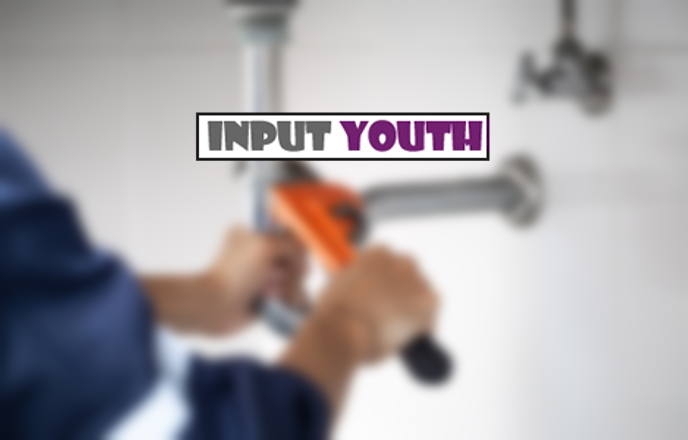Plumbers work on sanitation, heating, hot and cold water systems, and the sheet lead weathering required for the inside and outside of buildings.
Qualified plumbers are responsible for installing and maintaining these systems.
There are approximately 20,000 plumbing businesses in the UK, of which 80 per cent are sole traders. Despite a recent increase in people training to become a plumber, there remains a shortage of skilled workers. Many women are now entering the profession and details are available from the Institute of Plumbing and Heating Engineering's (IPHE) Women in Plumbing Group (WPG) and SummitSkills.
The main employers are general building contractors with large contracts for housing estates and office buildings, and smaller contractors who undertake work for building contractors and private clients. Many plumbers are self-employed. In some areas of the country there are opportunities for employment with local councils and other public organisations.
Most people start as an apprentice straight from school or college and train on the job.
To join an Apprenticeship, applicants should have at least four GCSE's/S grades (A-C/1-3), particularly in English, maths and a science subject. Applicants also have to pass a selection test and have their colour vision tested. Opportunities for Apprenticeships in this area are limited.
Plumbers work on sanitation, heating, hot and cold water systems, and the sheet lead weathering required for the inside and outside of buildings.
Qualified plumbers are responsible for installing and maintaining these systems.
There are approximately 20,000 plumbing businesses in the UK, of which 80 per cent are sole traders. Despite a recent increase in people training to become a plumber, there remains a shortage of skilled workers. Many women are now entering the profession and details are available from the Institute of Plumbing and Heating Engineering's (IPHE) Women in Plumbing Group (WPG) and SummitSkills.
The main employers are general building contractors with large contracts for housing estates and office buildings, and smaller contractors who undertake work for building contractors and private clients. Many plumbers are self-employed. In some areas of the country there are opportunities for employment with local councils and other public organisations.
Most people start as an apprentice straight from school or college and train on the job.
To join an Apprenticeship, applicants should have at least four GCSE's/S grades (A-C/1-3), particularly in English, maths and a science subject. Applicants also have to pass a selection test and have their colour vision tested. Opportunities for Apprenticeships in this area are limited.


